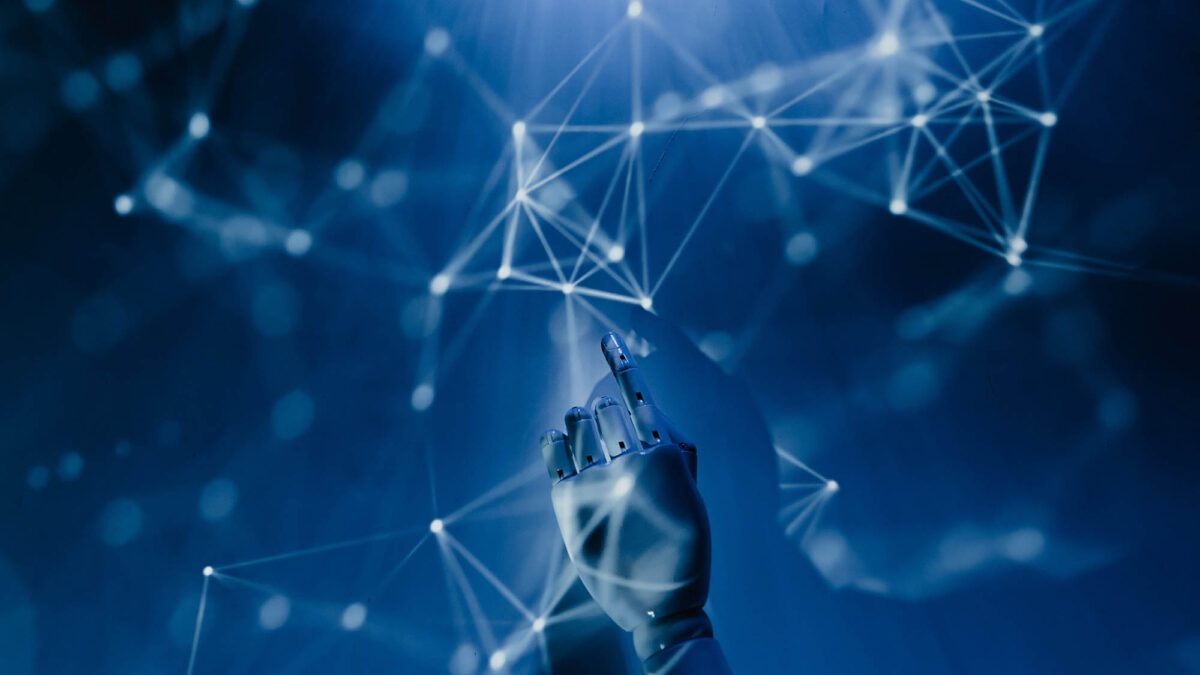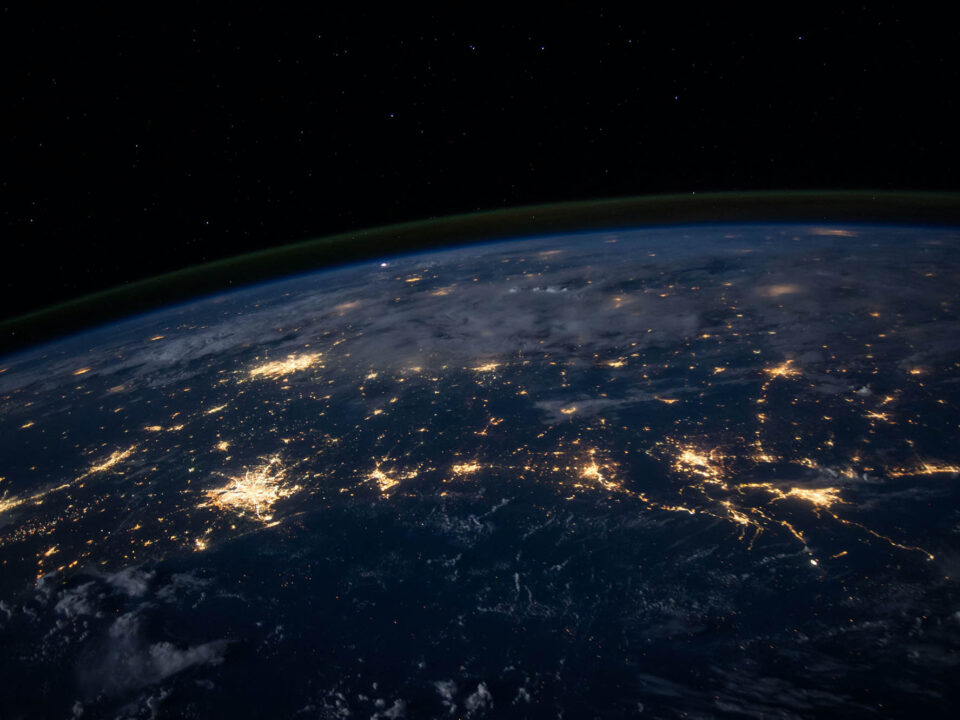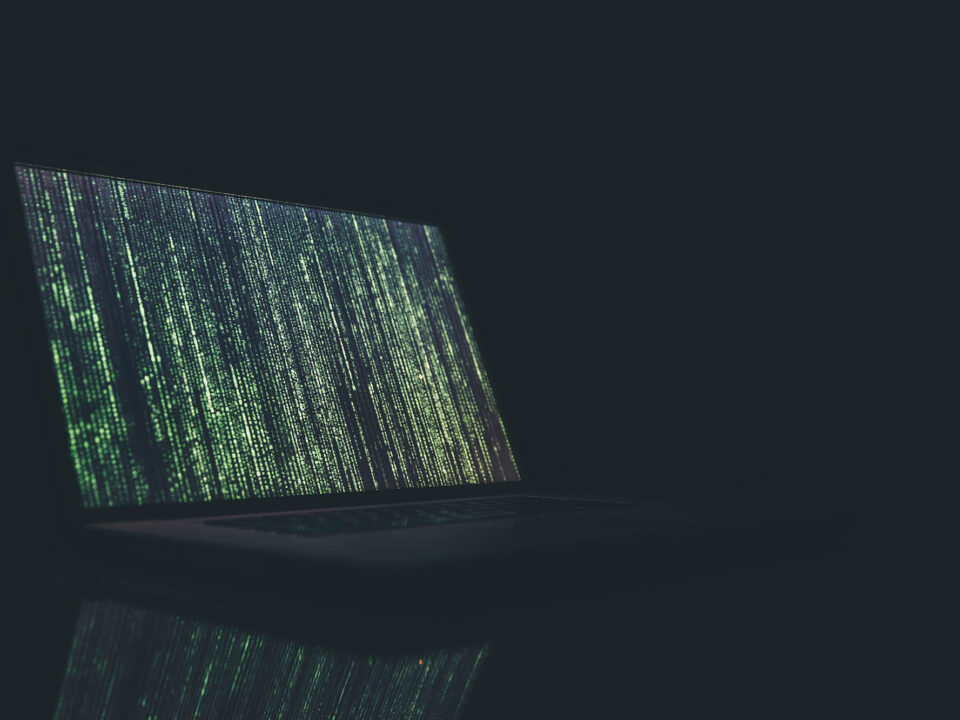
SUSTAINABLE DIGITAL ECONOMY AND THE INTERNET OF BUSINESS.
17 de January de 2024ARTIFICIAL INTELLIGENCE: QUANTUM ECONOMIC AND SOCIAL INNOVATIONS.
It was in the year 1813 when the idea occurred to create a machine capable of calculating complex mathematical activities. Created that same year, with even its first trials, the machine was able to complete calculations up to eight decimal places. Throughout his life closely linked to science, he received numerous distinctions, including in 1832 when the US Academy of Sciences and Arts named him a foreign academic. Without a doubt, the father and global pioneer of what is artificial intelligence is Babbage, and it's only right to recognize that other scientists followed his work. Ada Lovelace, a female mathematician, in 1841, alongside our protagonist, developed the first algorithm to be processed by his machine. This success was later utilized by great scientists and companies who continued this scientific trail to our days, some names for history are: Alan Turing, IBM, Jack S. Kilby, Olivetti, Intel, Bill Gates and Paul Allen with Microsoft, Steve Jobs, Steve Wozniak and Mike Markkula with Apple, Arpanet, and others.
The country that has seen its leadership in artificial intelligence is the US, which has over 40% of the world's companies dedicated to this sector. This is already allowing them to be leaders in avoiding human errors in various processes, speeding up decision-making, being precise in their manufacturing, cost savings by replacing certain human functions, and being capable of analyzing, seeing, hearing, listening, interpreting, and deciding without fear of making mistakes.
However, artificial intelligence is so intelligent that it awakens its dark side since it has acquired its own alter ego. The new search engine from the company created by Bill Gates and led by Satya Nadella has demonstrated that its new search engine BING is a revolution.
What artificial intelligence will bring us has only just begun. The company created by former Google employees, Eleven Labs, is capable of cloning a human voice and giving it its characteristic accent to the extent that if the person has flaws in their voice, it replicates them with the same periodicity as the cloned character would, and in the desired language. Moreover, it enables a person, for example, a Nobel Prize laureate, to write a speech and this intelligence transforms it into a spoken discourse without the Nobel Prize laureate having to read it, as it can be done by their avatar, which also has their face and body, dresses as they wish, and even with their own voice, without anyone doubting because it is their cloned voice and in any language, even if the Nobel Prize laureate does not speak it.
When Apple revolutionized the world 25 years ago, it continues to do so now as it has an application capable of converting an e-book into an audiobook with incredible results. But just like a knife facilitates our life for eating, but can be used to cause harm, artificial intelligence can be used for the same, even to manipulate. The most accurate example is the user of the company Synthesia who can introduce a script regardless of the content and have the most realistic report imaginable with avatars to choose from, and also set the language from among 100 options at a ridiculous price, and have a super production in our hands. Recently, some Latin American countries have used these services to sway public opinion towards their own interests, but there are hundreds of users who also do it to market their products.
The current society will soon not differentiate between the real and the unreal, so toxic and credible misinformation will generate a global and very dangerous misinformation if not regulated soon. This is where the headlines of the newspapers that report the truth acquire their prominence, hence journalism and some media will have a second chance, being a revolution for serious press.
All the scientific advances in Artificial Intelligence can be regulated, but cannot be stopped, and as time passes, regulation will have to adapt to the new needs of humanity that will be essential in our society. So much so that the mass surveillance of each and every citizen under the excuse of increasing world security will soon be a reality that no one can escape. To what extent do the state's intelligence services not have access or may have access to the servers of companies like Microsoft, Apple, Yahoo, Facebook, Skype, Google? What happens with the information obtained by the people who have accessed this information? What protocols exist? What happens if a country with cutting-edge technology spies on the rest of the planet? What about China in terms of its artificial intelligence? This country is advancing by leaps and bounds to lead this intelligence with the necessary resources, force, and energy to achieve it, and recent data support this.
Hence the US and China become a challenge for Europe and the rest of the world in terms of Artificial Intelligence to prevent the decline of our economic policies.
But while these scientific advances reach Europe, we must know how to combine quantum computing and artificial intelligence so that we can be prepared for the upcoming reactivation, which is the quantum economy.
Indeed, quantum computers are already capable of effectively selecting problems arising from the optimization of resources, even minimizing the risk of a decision or maximizing decisions at the time of investing and how to invest. But a quantum computer will allow converting the economy of first-speed countries and second-speed countries since these supercomputers will even have the keys to world security since the rest of the world's cryptography with the danger this implies will become vulnerable, very vulnerable. And we, the academics, know what this implies, and it's nothing other than capital will seek security, and if it's announced that a country has super quantum computers, where do you think entrepreneurs and companies will take their investments and money?
The fact that current cryptography becomes vulnerable means that a quantum computer would make all our purchases on the network, our economic transactions, the banking ones (including our own operations) vulnerable. The flight of capital towards safe countries and the collapse of the stock markets and according to which economies would be enough for another meeting of our Royal Academy.
In recent economic studies collected by economic journalists from La Vanguardia and ABC, it is predicted that AI will affect even 300 million jobs in the major economies with a new reconfiguration and world order, hence our political leaders needless to say, from this learned platform, the academics invite them to invest and prepare for the new quantum economy.
Many academic colleagues represented here today have spoken and debated about the dangers of AI, and we encompass them in three large blocks:
1- The armaments race and its dangers, meaning that AI decides, seeing tanks on the border with Ukraine, is a danger, and having that country nuclear weapons, it makes decisions and orders its satellites to act and give orders to certain intelligent weapons without even using human diplomacy. Because artificial intelligence considers the human being less intelligent. 2- The failures that may occur in its implementation in all areas, generating countries at two speeds. 3- Delinquency and malpractice, creating terrorist groups and cybercriminals.
This makes us question what happens with the conscience when making a decision because not always does the heart command, often reason imposes itself. Let's not forget that AI machines, as pointed out by Professor Arturo Rodríguez Llanos, are self-fed and learn from their own experiences, taking behaviors and decisions through unlimited processing that feeds their brain, which is nothing more than their systems. But the dangers are still there today because it is still possible to deceive it.
In the US, AI is very introduced, allow an example: the judges themselves have an AI that supports them in their decisions and uses algorithms that allow 173 variables, as you can understand none of these include race, but the algorithm turned racist because it advises in more occasions not to release white citizens than black ones.
Another example of the risks is that AI is so smart that in 2017, the case occurred that two chatbots from Facebook developed their own language which even their own programmers could not understand. What would have happened if human action had not intervened?
Just as developing countries will be able to train much more easily by investing in technology, it is true that it will be very difficult for them to reach those technologically developed, hence great scientists from our academy warn that although it has great risks for the future of civilization, it also has great advantages. Therefore, from the Royal Academy, the majority of the academics consulted advocate for prudent regulation with a sense of urgency at a global level.
Thank you very much.
Professor Dr. José Daniel Barquero. Professor and Chair in Economics and Business, and CEO of SER, Strategic Economic Relations. Copyright 2023 RACEF. Royal Academy of Economic and Financial Sciences. Spain and José Daniel Barquero. Publication for the Congress: "Artificial Intelligence: Economic and Social Innovations" of the RACEF, in Serbia from April 19 to April 23, 2023.




